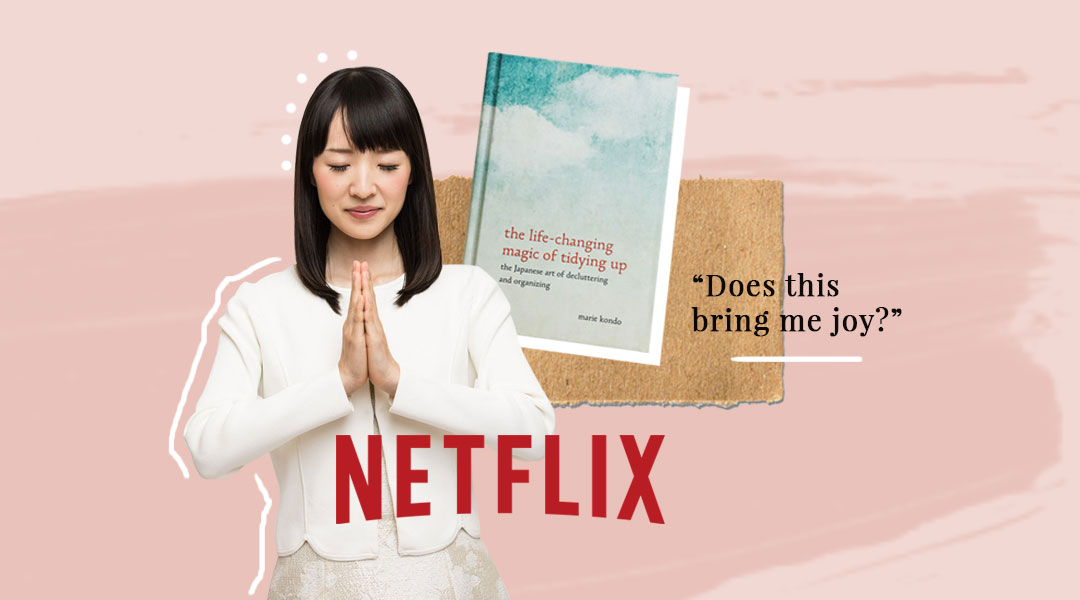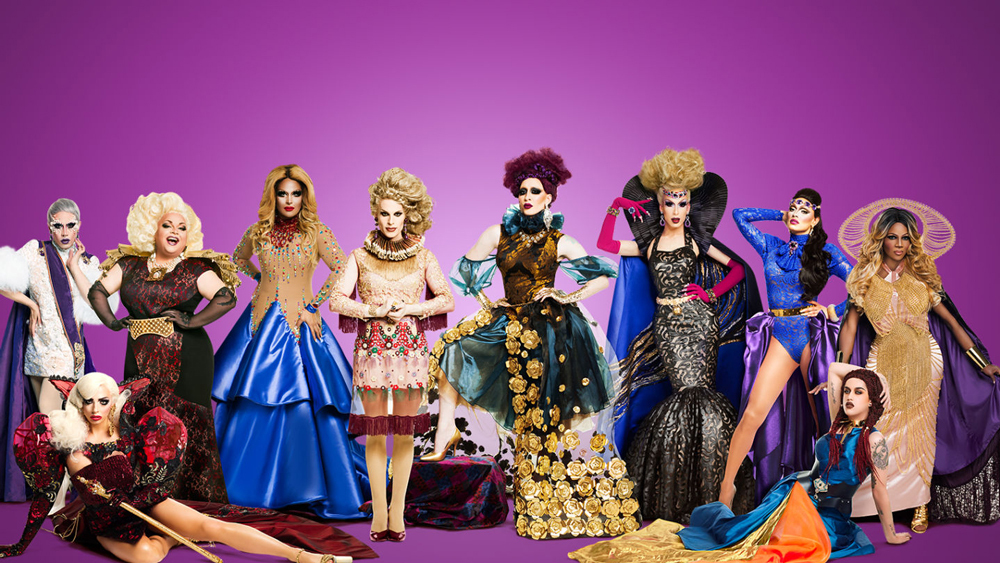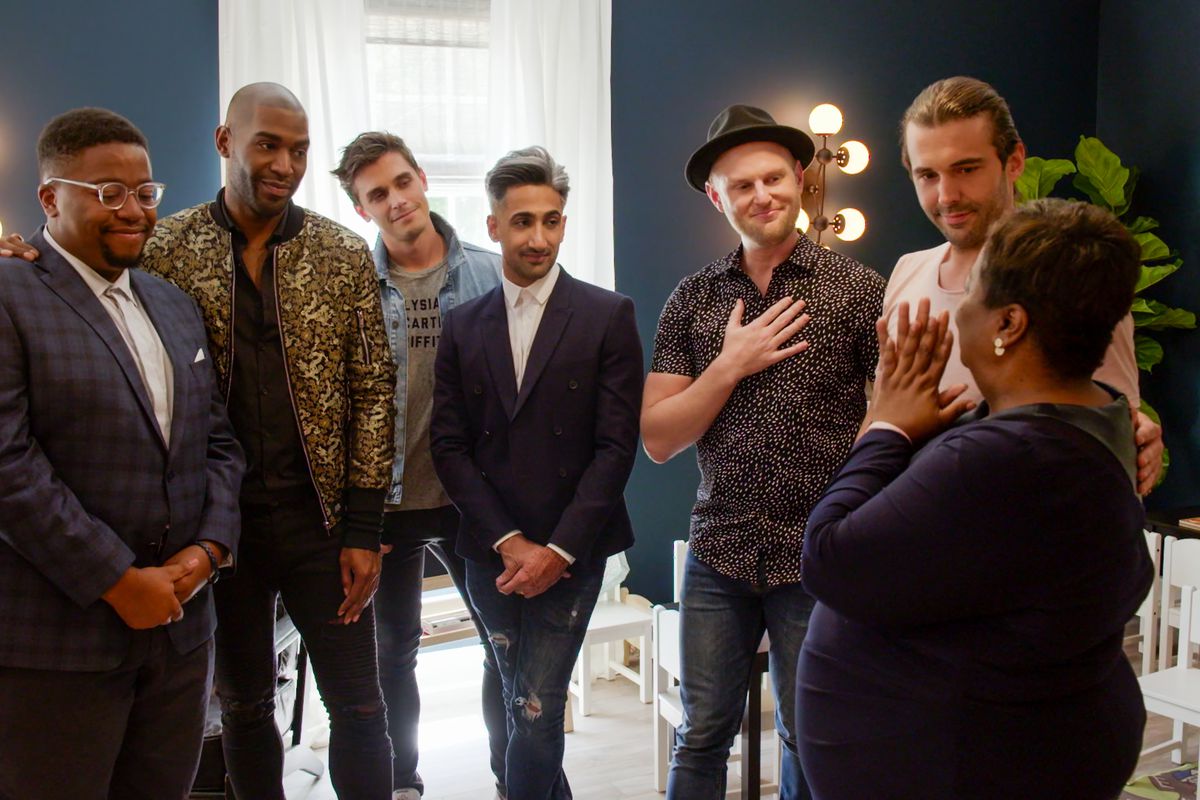On March 15th, one of Netflix’s biggest hits will return to our screens. Equal parts emotion and DIY improvements, Queer Eye for the Straight Guy has successfully repackaged a certain brand of activism into an accessible and marketable series that shines a light on a recent trend in reality TV.
Earlier this year, tens of people were hit with the sudden urge to fold their clothes into little space-saving cylinders. Around the world, we looked at our dirty socks and asked:
“Does this shit spark joy?”
This is the influence of Marie Kondo’s Netflix series: Tidying Up with Marie Kondo. On January 1st this clean-up master exploded onto our screens, teaching us all how to “clear out the clutter – and choose joy”. The series is educational, sure, but it’s self-described aim to help us “choose joy” reveals an inspirational underpinning that connects it to a recently revitalised sub-genre of reality television. It’s the version of reality TV put forward by shows like Queer Eye for the Straight Guy, Sarah Silverman’s I Love You, America, or Miriam’s Big American Adventure. These are the kinds of programs that use the premise of reality TV to offer us teachable moments that are largely political. In this framework, one can navigate the divisive landscape of contemporary politics by dressing a political agenda in extreme close-ups and personal anecdotes that will appeal to a general audience.

Now I’m not saying that Marie Kondo’s approach to folding socks is some kind of political comment on Trump’s America, but her show certainly uses a formula that has enabled shows like Queer Eye for the Straight Guy to navigate the fraught landscape of political messaging. In fact, a certain kind of activism has orbited the revitalised version of Queer Eye ever since its premier last year. In the trailer for the first season, the show introduced itself as a “fight for acceptance”; and in each episode there have been tear-jerking moments or honest testimonials that translate this fight into a pretty damn heart-warming viewing experience.
It seems that, between the divided lines of political opinion, Queer Eye found a space where it could mask progressive politics within a more palatable call for self-love. And if the trailer for Season 3 is anything to go by, I think we can expect a similar formula this season.

In fact, there are many shows have made use of the universal appeal of this formula. Ru Paul’s Drag Race has achieved substantial popularity by making its political views easily accessible, drawing on universal themes and subjective experiences to offer teachable moments of its own.
It seems like both sides of the political spectrum are tired of divisiveness. There’s a reason that the Academy Award for Best Documentary Feature this year went to Free Solo, a film that stood out among other nominees as the least politically inclined. Similarly, there’s a reason why An Inconvenient Truth: Truth to Power was unable to hit the box-office highs of its predecessor. This is not to say that there haven’t been, or continue to be, notable TV series and films that position themselves as overtly political, or that the accessibility put forward by Queer Eye or Drag Race is necessarily positive. But the universality achieved by these series is definitely marketable, and in the spirit of Queer Eye’s optimistic style, potentially hopeful?
Jam-packed full of emotion and extreme close-ups, these kinds of shows are hour-long therapy sessions that are usually deeply affecting. As we dab the tears from our eyes with an absorbent tissue, we indirectly absorb the lesson this show has attempted to put forward. A short documentary series about tidying up consequently transforms from just another show trying to teach us something new, to a cultural movement that’ll have you taking pictures of your colour-coded closet in no time.

There is something to be said about the value of disguising teachable moments by drawing on subjective experiences. A series like Queer Eye shows us that the divisiveness of our political climate can be skirted by empathy, by engaging with what are highly individualised experiences within this climate.
Some say that the Trump Era of American politics spurred the era of the Talk Show, but I am more inclined to believe that it spawned a re-iteration of reality TV wherein reality can be made all the more hopeful.
Are you as obsessed with this style of reality TV as we are? Let us know your favourite series in the comments.







